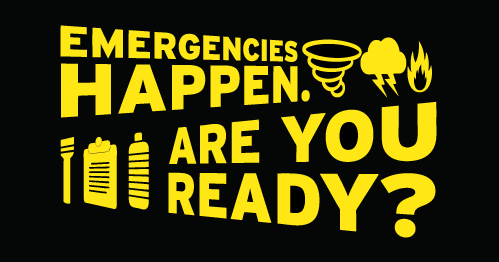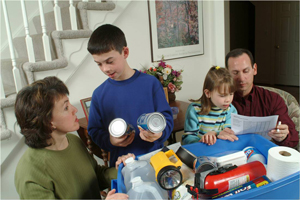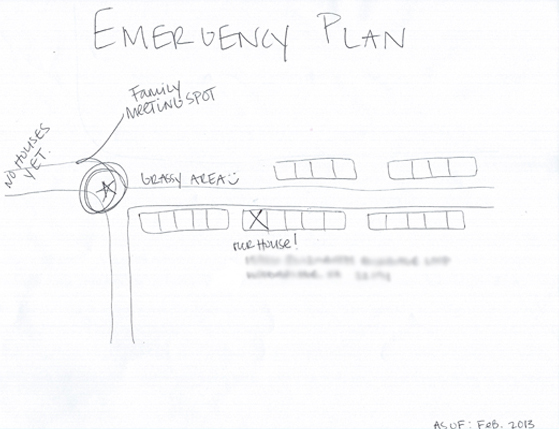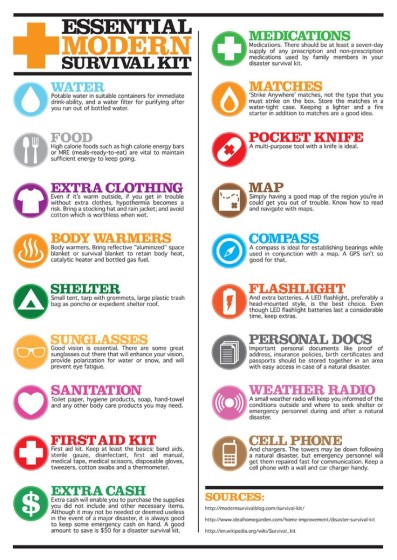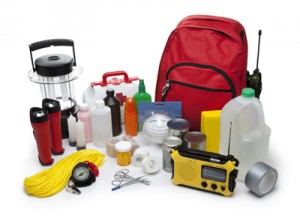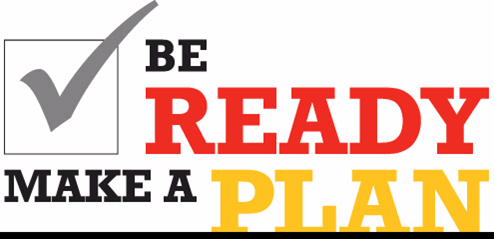Family Emergency Preparedness Part II
This post is the continuation of the first post on Family Emergency Preparedness. This post focuses on what you need to do in order to ensure your family’s emergency preparedness.
1. Educating Family Members about Potential Emergencies
Family members including aged parents, young children, teenagers, your spouse and household helpers need to be educated about the possible threats which surround them. You should educate them about the reasons which causes them and if possible, how to stop it from developing further. They should be made aware about the strengths and potential impacts that is possible if an emergency creeps up.
2. Establishing a Post Disaster Meeting Place
In case of a local emergency, all the family members should be instructed to meet at a common place like the end of the block or just outside the house on the lawn. If this is not possible, all the family members should meet at a common public place accessible to all family members.
3. Maintaining a Contact List
A contact list containing the following phone numbers should be kept by every family member in their mobile phones and on a small diary, which they keep in their wallet or purse: Police, Local Hospital, Local Emergency, Medical Services Number, and Numbers of other family members.
If the parents are separated, they should additionally have the following numbers: Child Support Agency, if any and Child Maintenance Service, if any. If a family member is traveling abroad, they should also have the numbers of the local consulate office in the foreign country and their travel agents.
4. Having Essential Emergency Equipment
Maintaining a checklist for essential items which your family needs to possess in the onslaught of an emergency is mandatory. Some of these may include: First Aid Kit, Fire Extinguishers, Smoke Detectors and Neck Knives for self-defense.
5. Making and Practicing a Disaster Management Plan
A disaster prevention and confrontation plan needs to be established in order to lay a series of sequential steps for preventing and coping up with the emergency. It is also essential to conduct a few practice sessions to test the soundness of the plan.
If you are separated and you feel your child is facing a threat, it is wise to call up your ex-spouse or the Child Support Agency. When lost in a foreign land, you should communicate or visit the local consulate office if you have lost essential documents like Passport or Visa. The most important step in a family’s emergency preparedness is its deep faith in one another and effective communication. If these is present, no emergency will be big enough to be confronted or even prevented.
Did we miss anything? Please share your ideas in the Comments. Thank you.

